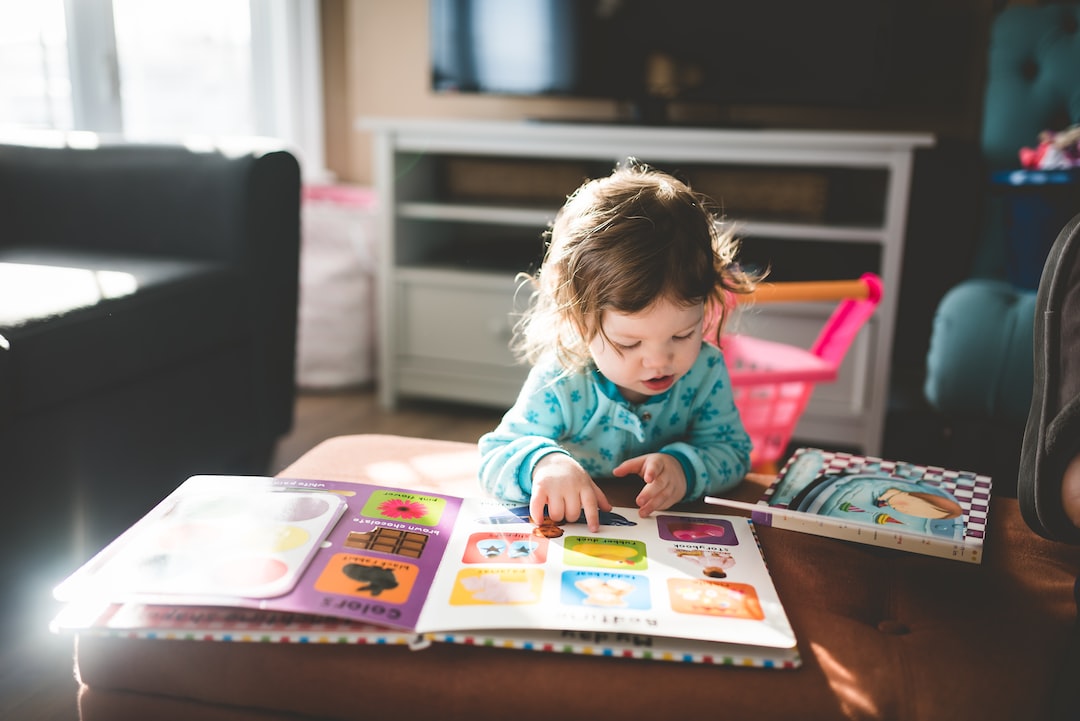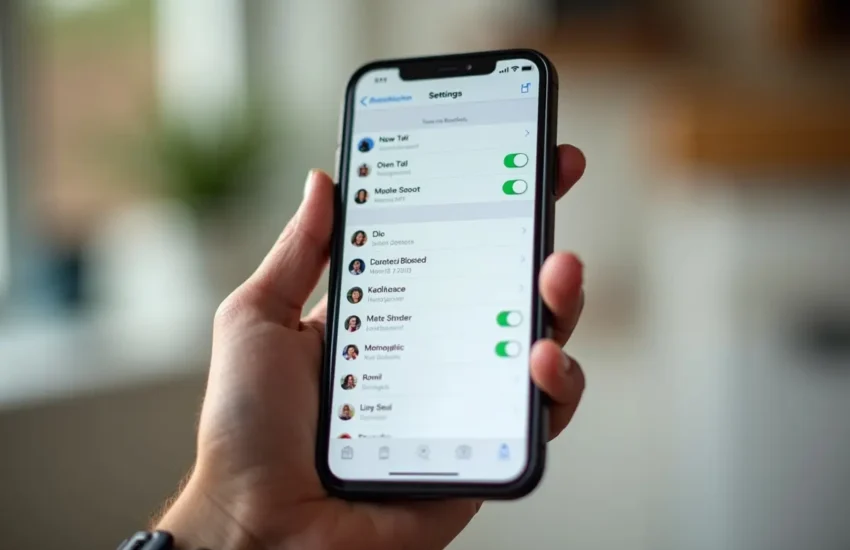5 Reasons Why Children’s Books Are Essential for Early Childhood Development
Babies and young children absorb everything around them. This is why reading books to them is so important. Storybooks provide a great way for infants to hear language, which helps their brains prepare to speak months before they say their first words. Children’s books also give caregivers and parents a chance to talk back and forth, which supports word learning and preliteracy skills.

They Help Build Confidence
Children are naturally curious and eager to learn, and books give them a glimpse into their world through colorful pictures, interesting words and stories. They’re often captivated by the rhythm, rhyme and repetition of reading.
Studies show that kids who read books more frequently rank higher in academics and are more apt to succeed later in life. They build a general knowledge base on geography, animals, transportation, etc. Reading books can also help kids feel confident about themselves. It is a fun and creative read that helps preschoolers learn it’s okay to be unique. Other books feature characters who experience big emotions like anger and sadness, which reassures kids those feelings are normal.
They Help Build Social Skills
Books expand children’s imaginations and allow them to experience the world differently. This helps kids mentally prepare for their next stage of life, vicariously preparing them to face the real world. One of the best children’s learning materials for the youngest kids is picture books because they offer short stories that use pictures to tell a story. Storybooks that feature characters who look like kids or involve situations they’re familiar with can help young children feel seen, understood, and important. Even without words on the page, toddlers and preschoolers can interact with their favorite books by pointing to the images, describing what they see, and asking questions. This is called dialogic reading, and it helps children develop important preliteracy skills like story understanding and critical thinking. It also teaches them that reading is something to do with people, not just themselves.
They Help Build Language Skills
Children’s books often contain repetitive words that help kids develop early speech sounds and learn the names of objects. They also introduce concepts like color, size and shape. Reading aloud to kids and allowing them to touch the different elements within the book helps them to gain motor control over those things and build their sensory awareness. They can then engage with the story deeper, vicariously experiencing what they read about. As children get older, books that include diverse characters and themes can encourage acceptance of all cultures and begin to increase understanding between various communities at an early age. Additionally, pop-up or moveable books (e.g., lift-the-flap, text based on the song, rhyming books) provide an opportunity for hands-on engagement that can sustain attention during reading time.
They Help Build Creativity
Children’s books help kids to explore their creative side. This helps them develop artistic skills, which can be used in various ways, such as writing or drawing. It also allows them to build their imagination and see that anything is possible if you put your mind to it. Children’s literature can also help kids develop empathy by showing how others feel. This can be especially important for young children still establishing themselves in social contexts. By introducing them to characters with similar situations or experiences, they can begin to understand that everyone has a different perspective and opinion. Reading books can also teach children to new vocabulary and sentence structure. This is particularly important for children at the emergent literacy stage, learning about print and making sense of it all. It also helps them establish a foundation for phonological awareness, fluency and critical thinking.
They Help Build Imagination
Books also expose kids to new vocabulary and help them understand how words are used in context. They can also learn about different worlds and experiences through reading. Kids can explore their interests and delve into different stories, including fantasy. Their own experiences can inspire them, or they can vicariously experience things that happen to people in the real world. Children are exposed to various words and phrases through reading that they may not encounter in everyday conversation, such as technical or scientific terms or more descriptive adjectives and nouns. Kids who are read to in the early years often enter kindergarten with a larger vocabulary than kids not read to, which can help them become better readers.


